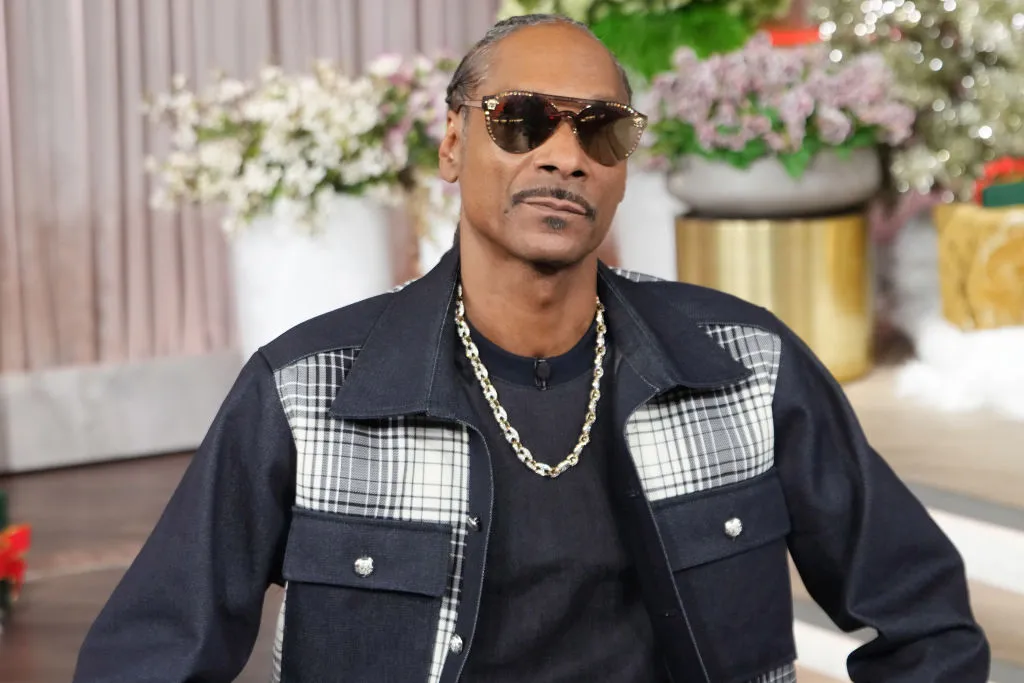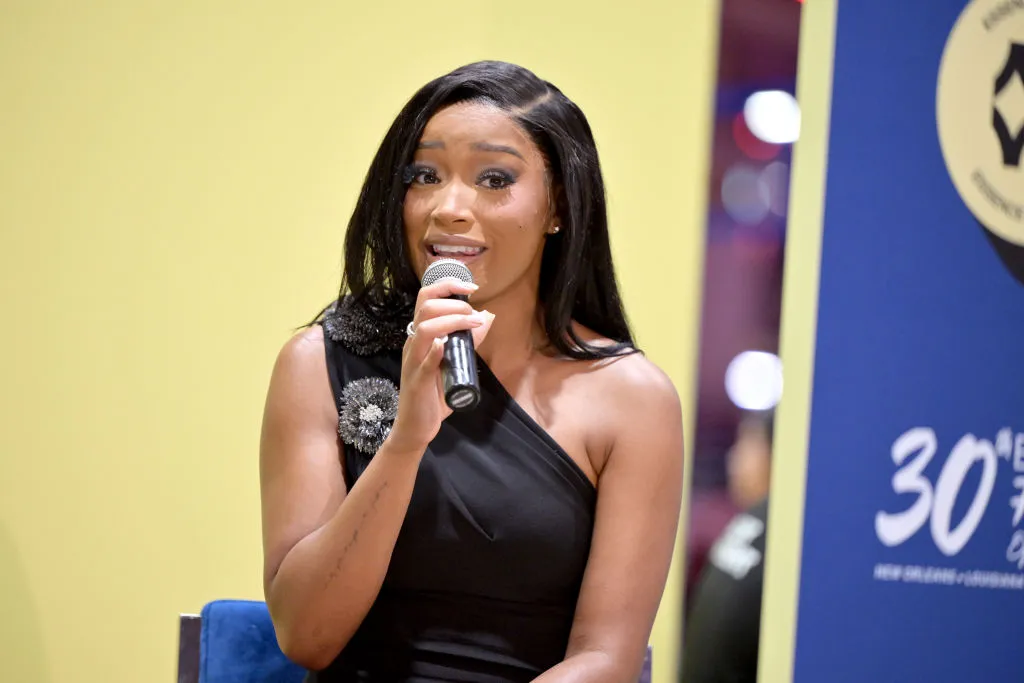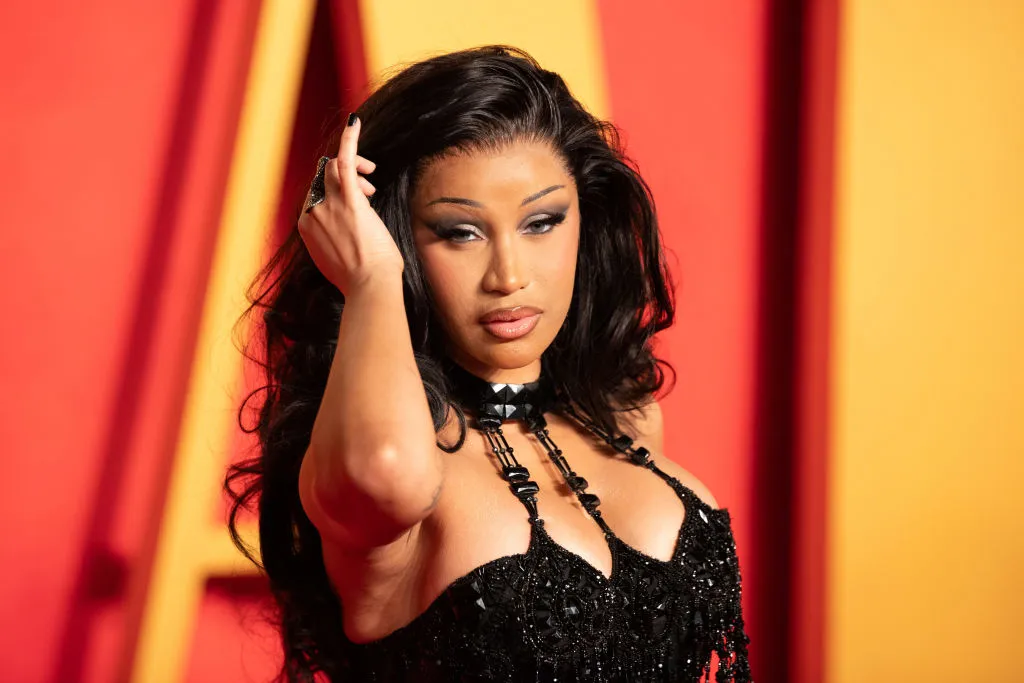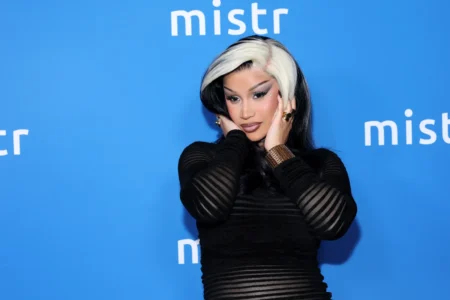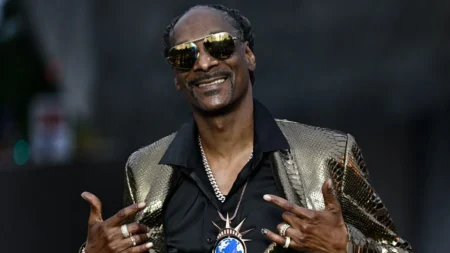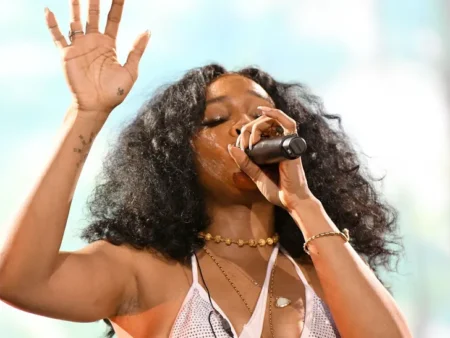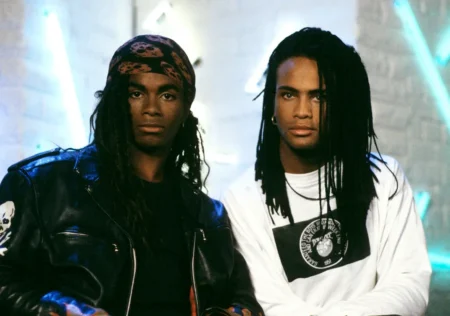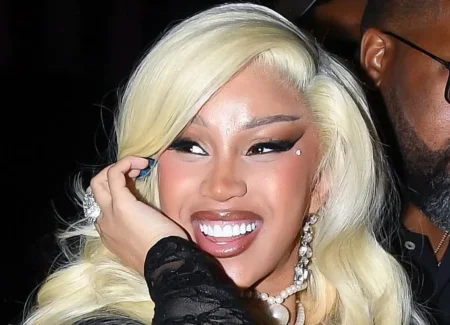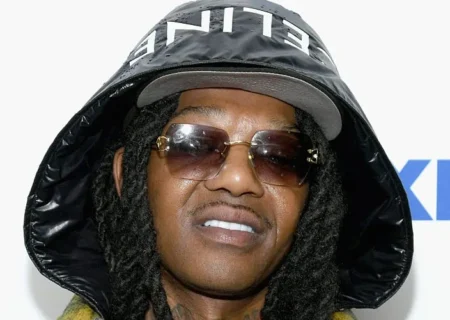As the federal investigation into Sean “Diddy” Combs intensifies, another hip-hop heavyweight—Snoop Dogg—has spoken out about what it means to be a real boss in the music industry.
Though the Department of Justice has yet to confirm whether it can prove serious allegations of racketeering, sex trafficking, and workplace abuse against Diddy, new claims continue to paint a disturbing picture of the Bad Boy mogul’s behavior behind closed doors.
A Culture of Fear and Exploitation
From leaked testimonies to court filings, a toxic portrait of Diddy’s leadership has emerged—marked by coercion, manipulation, and systemic exploitation of those closest to him. Former collaborators have described an environment where power was weaponized, and loyalty was rewarded only through submission.
Even without a conviction, public sentiment is shifting fast.
Snoop Dogg’s Ethical Stance: “Work With Me, Not For Me”
In a recent interview, Snoop Dogg subtly responded to the growing controversy by contrasting Diddy’s alleged behavior with his own leadership style:
“I don’t expect any of these types of things to be happening. When I was given a position of power, I wanted to use it to treat people well—to make sure they work with me, not for me. And if the relationship ends, I want it to end with love.”
His words resonated with fans and industry insiders alike, praised as a refreshing take on ethical leadership in an industry where many suffer in silence.
Snoop’s Own Legal Drama Complicates His Message
However, Snoop’s stance did not go unchallenged. Critics were quick to point out that the West Coast icon is currently facing a $107 million lawsuit filed by a former employee. The plaintiff alleges she was never paid for her work on the Death Row Records relaunch, claiming breach of contract and exploitation.
Snoop has denied the allegations, calling the lawsuit “baseless” and filing a motion to dismiss. The case is still pending, leaving some observers divided over his message of compassion and integrity.
Two Legacies, Two Directions
Still, Snoop’s remarks bring into focus a broader conversation about power, legacy, and accountability in hip-hop. Diddy, once revered as a self-made mogul, now faces accusations that may dismantle the empire he built. Meanwhile, Snoop Dogg aims to represent a kinder, more collaborative model of leadership, even as his own legal troubles cast a shadow.
The situation raises an unsettling question: At what point does success in entertainment cross the line into something far more sinister?
A Changing Cultural Landscape
With each court filing and leaked testimony, the Diddy investigation is doing more than just examining one man’s actions—it’s reshaping how the public views power in the entertainment industry. As voices like Snoop Dogg weigh in, the lines between leadership and exploitation become clearer—and more complicated.
While the legal system moves slowly, the court of public opinion has already started delivering its verdict.




